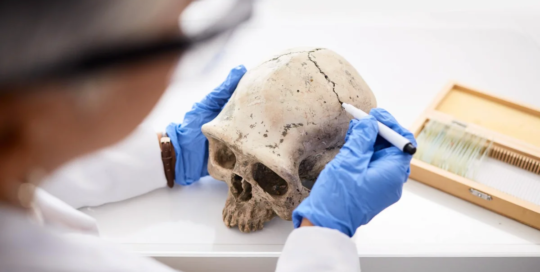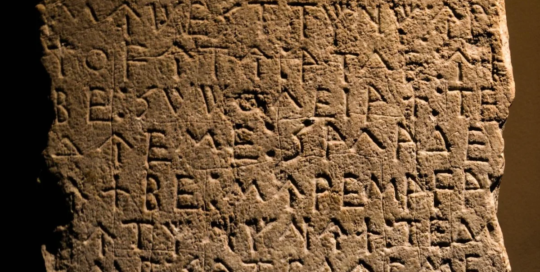Study the origin, development, and operation of political systems. They study topics, such as public opinion, political decision making, and ideology. They analyze the structure and operation of governments, as well as various political entities. They conduct public opinion surveys, analyze election results, or analyze public documents.
Historians
2025-09-04T10:00:49-06:00Research, analyze, record, and interpret the past as recorded in sources, such as government and institutional records, newspapers and other periodicals, photographs, interviews, films, electronic media, and unpublished manuscripts, such as personal diaries and letters.
Geographers
2025-09-04T09:55:38-06:00Study the nature and use of areas of the earth's surface, relating and interpreting interactions of physical and cultural phenomena. They conduct research on physical aspects of a region, including land forms, climates, soils, plants, and animals. They research the social characteristics, economic activities, political organization, and interdependence of a given region.
Archeologists
2025-09-04T09:49:27-06:00Conduct research to reconstruct record of past human life and culture from human remains, artifacts, architectural features, and structures recovered through excavation, underwater recovery, or other means of discovery.
Anthropologists
2025-09-04T09:46:19-06:00Research, evaluate, and establish public policy concerning the origins of humans; their physical, social, linguistic, and cultural development; and their behavior, as well as the cultures, organizations, and institutions that humans have created.
Urban and regional planners
2025-09-04T09:42:58-06:00Develop comprehensive plans and programs for use of land and physical facilities of jurisdictions, such as towns, cities, counties, and metropolitan areas.
Sociologists
2025-09-04T09:38:25-06:00Study human society and social behavior by examining the groups and social institutions that people form, as well as various social, religious, political, and business organizations. They study the behavior and interaction of groups, trace their origin and growth, and analyze the influence of group activities on individual members.
Neuropsychologists and clinical neuropsychologists
2025-09-04T09:34:45-06:00Apply theories and principles of neuropsychology to diagnose and treat disorders of higher cerebral functioning.
Industrial organizational psychologists
2025-08-01T22:01:17-06:00Apply principles of psychology to human resources, administration, management, sales, and marketing problems. They perform activities that may include policy planning; employee testing and selection, training and development; and organizational development and analysis. They work with management to organize the work setting to improve worker productivity.
Counseling psychologists
2025-08-01T21:57:35-06:00Assess an individuals' problems through the use of case history, interview, and observation and provide individual or group counseling services to assist individuals in achieving more effective personal, social, educational, and vocational development and adjustment.









